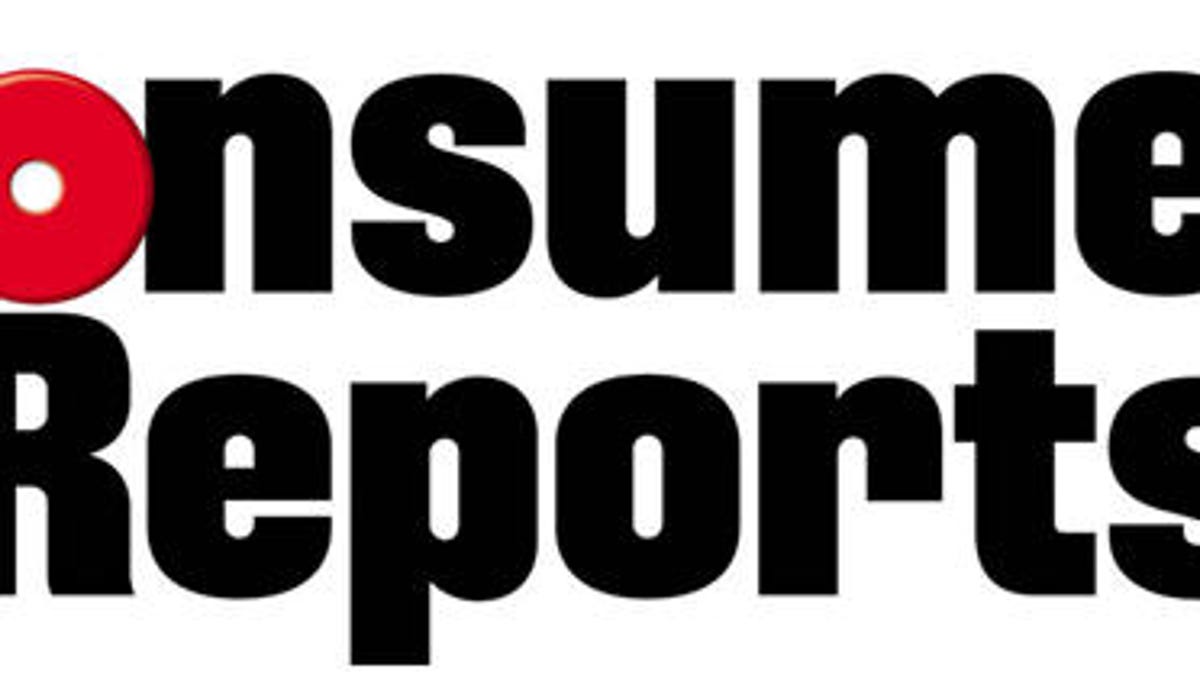Survey: 7.5M Facebook users below minimum age
A Consumer Reports survey finds that 7.5 million Facebook users are younger than 13, in violation of the company's terms of service, and that more than 5 million were 10 or younger.

A survey published in the June issue of Consumer Reports (available now) found that "of the 20 million minors who actively use Facebook," 7.5 million were younger than 13 and more than five million were younger than 10. Facebook's terms of service require that users be at least 13.
The report tracks with other studies including a 2010 study by McAfee that found 37 percent of 10 to 12 year olds are on Facebook and a study (PDF) released in April from the London School of Economics EU Kids Online project that found that 38 percent of 9- to 12-year-old European children used social-networking sites, with one in five using Facebook, "rising to over 4 in 10 in some countries."
Jeff Fox, technology editor for Consumer Reports, said it was troubling that the survey found "a majority of parents of kids 10 and under seemed largely unconcerned by their children's use of the site." In a press statement, Consumer Reports said that "Using Facebook presents children and their friends and family with safety, security and privacy risks" and that, "In the past year, the use of Facebook has exposed more than five million online U.S. households to some type of abuse including virus infections, identity theft, and--for a million children--bullying."
In an statement issued ahead of the report's release, Facebook said that "recent reports have highlighted just how difficult it is to implement age restrictions on the Internet and that there is no single solution to ensuring younger children don't circumvent a system or lie about their age." The company said that "we appreciate the attention that these reports and other experts are giving this matter and believe this will provide an opportunity for parents, teachers, safety advocates, and Internet services to focus on this area, with the ultimate goal of keeping young people of all ages safe online."No silver bullet
The problem is that Facebook and virtually all other social-networking sites rely on information provided by the user. Although Facebook has systems designed to try to catch people who lie about their age, they are far from perfect. And the problem isn't easy to fix.
In 2009, I served on the Internet Safety Technical Task Force, which was formed by 49 state attorneys general and MySpace to investigate, among other things, whether age verification technology could be used to help keep under-aged kids off of social networks and to limit inappropriate contact between online children and adults. The Task Force's Technical Advisory Board, which consisted of computer scientists and other technology experts from leading universities and companies, looked at a wide range of technologies and concluded that there is technology that can be used to verify the age and identity of adults but not children. Most age verification systems rely on things such as credit reports, real estate transactions and criminal records which--for the most part--aren't available for children. The board found that "public records of minors range from quite limited to nonexistent."
The Task Force's findings were not all that different than Facebook's own recommendation "that communication between parents/guardians and kids about their use of the Internet is vital." Facebook requires that users enter their date of birth and if a person enters a birth date that puts them under 13 and later tries to amend that date, a cookie placed on the machine will attempt to prevent them from registering again. That may catch some kids who have trouble subtracting 13 from 2011, but most kids who try will slip right past. Facebook says that it also uses technology and user reports to try to find and delete the accounts of under-age users.
Unintended consequence of Federal law
One of the main reasons Facebook restricts use to people 13 and older is because of the Children's Online Privacy Protection Act (COPPA), a 1998 law that requires Web sites to get parental permission before it can make any use of data provided by children younger than 13. Facebook could create a service that is COPPA compliant, but it would be expensive and likely require not only changes to the terms of service but modifications to its privacy and advertising policies for pre-teen users. Facebook currently has somewhat different privacy policies in place for users between 13 and 18, but no programs for users younger than 13.
Good advice
Consumer Reports recommends that parents monitor their children's accounts. That can be done by requiring your child "friend" you, but there are also tools available such as SafetyWeb, SocialShield, and ZoneAlarm SocialGuard, which (for a fee) help parents monitor their child's social Web use without necessarily having to friend them.
The magazine also recommends that young people turn off Facebook's Instant Personalization feature, that they "use apps with caution," and "utilize privacy controls." A Parents Guide to Facebook (which I co-wrote along with Anne Collier) is a free online guide that offers detailed instructions on how to set privacy controls for children and teens and adults too.
Disclosure: I serve as co-director of ConnectSafely.org, a nonprofit Internet safety organization that receives financial support from Facebook. ConnectSafely also serves on Facebook's Safety Advisory Board.

